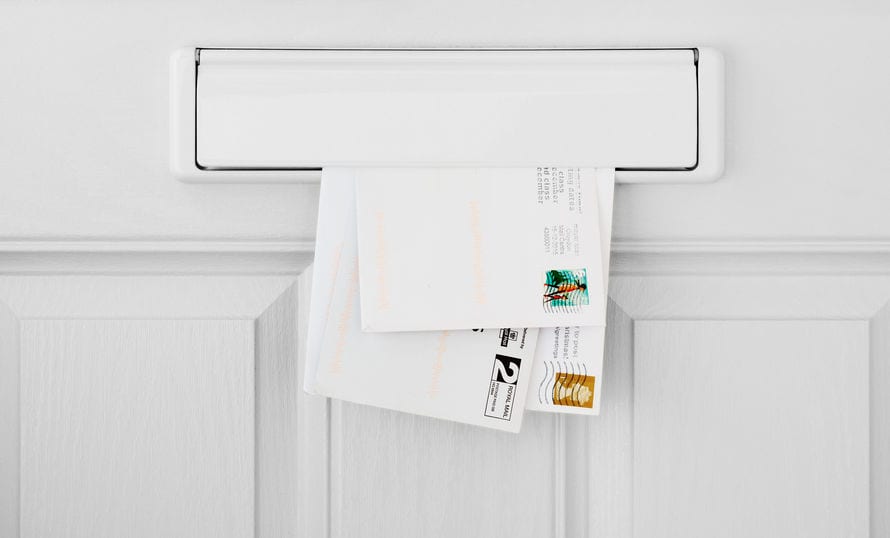Did you receive an IRS CP59 notice? This notice is sent to anyone who did not file a tax return for the previous calendar year. It’s a serious IRS notice that shouldn’t be ignored.
Here is exactly what a CP59 notice means for you and what you can do about it.
What Is IRS Notice CP59?
The IRS sends a CP59 notice to everyone who failed to file a personal tax return for the previous year by the deadline. You receive this notice because the IRS believes you should have filed a tax return and expects you to address the situation.
What Do You Do When You Receive a CP59 Notice?
It’s important you don’t ignore your CP59 notice. This isn’t an issue that will simply go away, and the IRS will continue to pursue you until the situation is resolved.
Your CP59 notice will come with clear instructions on what to do next (i.e., how to file your missing tax return). Make sure you read your notice carefully and follow these directions as soon as possible.
The notice will also say what to do if you believe you should be exempt from filing a 1040 tax return.
You should complete and submit Form 15103 (Form 1040 Return Delinquency), along with your notice.
Form 15103 will allow you to explain any of the following:
- Why you’re filing late
- Why you don’t believe you have to file
- That you’ve already filed
Can You File a Missing Tax Return Electronically?
Yes, the IRS will accept your late tax return electronically if it’s for the two most recent years. But you’ll have to find an e-file provider who offers this service to complete the electronic submission.
What Happens If You Don’t File a 1040 Tax Return?
Your taxes aren’t optional – you have a responsibility to file your personal taxes (if applicable), and failure to do so comes with consequences. Individuals who don’t file a 1040 tax return by the due date will be subject to a fine known as the Failure to File Penalty.
How much your Failure to File Penalty is will depend on how late you’ve filed your tax return and the total amount of unpaid taxes as of the original payment due date.
The Failure to File Penalty is 5% of your unpaid taxes for each month until you file your return. However, the maximum penalty is 25% of your unpaid taxes.
Eventually, the IRS may also add a Failure to Pay Penalty to your tax account.
How Do You Dispute Your IRS CP59 If You Already Filed Taxes or Don’t Think You Have to File?
Even the IRS makes mistakes. If you receive a CP59 notice and you don’t believe you should have, there are processes in place for you to dispute your notice.
Your CP59 will come with instructions on what to do if you believe you received this notice incorrectly because you either:
- Already filed your taxes
- You don’t believe you should have to file.
The fastest approach is to call the IRS directly and try to get the situation resolved over the phone. You can call the toll-free number found on the top right-hand corner of your notice. Note that you’ll need to have your notice on hand, as well as your account information.
If you prefer not to call, you can mail Form 15103 in response to the CP59 explaining why you didn’t file.
Your CP59 should be addressed as soon as possible, so you’re not unknowingly accruing penalties and interest on unpaid taxes. And remember, if you didn’t file because you can’t afford to pay your taxes, the IRS has payment plan options to help you. If you are having trouble paying back taxes, you should definitely learn more about the IRS Fresh Start Program.
6 Simple Questions. Free Evaluation.
Join our Newsletter
Enter your email address to join our free newsletter. Get all the latest news and updates.

